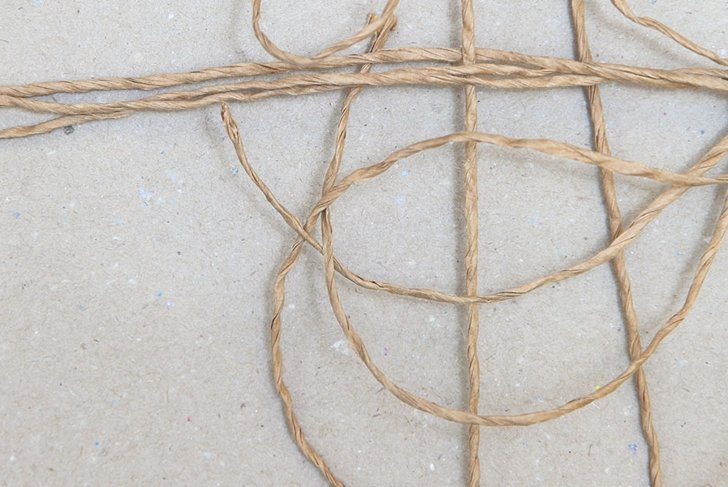
Canadians use six million rolls of tape to wrap up Christmas presents, and that\’s just the tip of the iceberg when it comes to holiday waste. Learn how to celebrate responsibly by making it a green Christmas.
’Tis the season to be excessive. Collectively, Canadians decorate 27.8 million natural Christmas trees, seal presents with 6 million rolls of tape, and roast 4.3 million turkeys. Once we’re finished shopping, decorating, unwrapping, and eating, we’ll each add 110 pounds of garbage, on average, to our local landfill over the holidays.
Why not try something different this year? Let’s celebrate the holiday season mindfully without costing the environment—and our wallets—an arm and a leg.
Give the perfect gift
These presents come from the heart and cut down on waste:
- the gift of time: a homemade certificate for helping dig a garden, creating a picnic, or providing pet sitting services
- the gift of experience: tickets to concerts, plays, or sporting events; memberships to museums, art galleries, or science centres
- the gift of plants: living greenery that cleans the air and provides beauty all year-round
- the gift of caring: a donation in the recipient’s name to a cause or organization he or she is passionate about
Wrap it up
If each one of us wrapped three presents in reusable cloth gift bags or recycled paper, such as wrapping paper, newspaper, magazine pages, comics, or maps, we’d save enough wrapping paper to cover 45,000 hockey rinks! Bows and ribbon can’t be recycled, but they can be saved and reused. Holiday tins, baskets, and boxes can be reused for homemade goodies and other items.
Send a personal greeting
Get double the mileage out of greeting cards by cutting off the front of cards you received last year and sending them as postcards, or cut them up to make gift tags. If you do buy new cards, choose those printed on 100 percent post-consumer waste (PCW) paper. Used cards can be recycled unless they contain foil or sparkles. It’s the thought that counts, so why not send an e-card or a thoughtful personal email with a photo—or pick up the phone?
Deck the halls
Forgo chemical-laden plastic decorations, tinsel, and spray-on snow in an aerosol can. Instead, reuse and recycle materials you have on hand to make nontoxic decorations with wood, felt, wool, and ceramics.
Light the tree
It’s worth switching to LED (light-emitting diode) lights. They use 90 percent less energy than traditional Christmas lights, are more durable, and last 10 times longer. Old tree lights can be donated to a local thrift store or taken to a recycling facility. Lighting retailers sometimes offer light exchange programs. a
Compost a tree
Take live Christmas trees to be mulched, chipped, or composted. Fees are often by donation and may support local charities.
Grow a tree
Consider purchasing a live potted Christmas tree. A small tree may be used indoors for several years and then planted in your yard or another location where it will absorb carbon dioxide and release oxygen. One tree can store 13 lb (5.9 kg) of carbon a year.
Prepare the meal
Holiday waste doubles during the week after Christmas. This year, a little planning can help you reduce yours.
- Plan your holiday menu carefully; don’t buy extra food you might not need.
- Think ahead and plan how you’ll use leftovers.
- Give guests leftovers to take home or give care packages to neighbours.
- Compost food waste, such as turkey bones, vegetable peelings, et cetera.
- Use cloth tablecloths and napkins, china plates, glasses, and cutlery; avoid paper and plastic items.
















